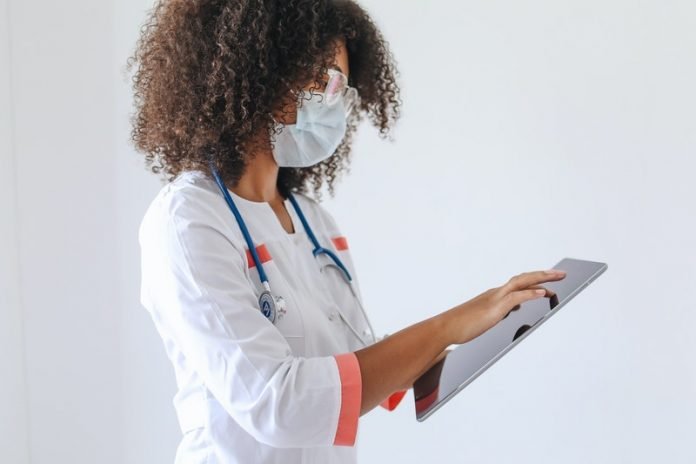
In a new study from Oregon Health & Science University, researchers found more than one path toward robust immunity from COVID-19.
They found that two forms of immunity—breakthrough infections following vaccination or natural infection followed by vaccination—provide roughly equal levels of enhanced immune protection.
The research follows an OHSU study that described extremely high levels of the immune response following breakthrough infections—so-called “super immunity.”
The team found that it doesn’t matter whether someone gets a breakthrough infection or gets vaccinated after a natural infection.
In both cases, the immune response measured in blood serum revealed antibodies that were equally more abundant and more potent—at least 10 times more potent—than immunity generated by vaccination alone.
The study was done before the emergence of the omicron variant, but researchers expect the hybrid immune responses would be similar with the new highly transmissible variant.
Researchers recruited a total of 104 people, all OHSU employees who were vaccinated by the Pfizer vaccine, and then carefully divided them into three groups:
42 who were vaccinated with no infection, 31 who were vaccinated after an infection, and 31 who had breakthrough infections following vaccination.
The researchers drew blood samples from each participant and exposed the samples to three variants of the live SARS-CoV-2 virus.
They found both of the groups with “hybrid immunity” generated greater levels of immunity compared with the group that was vaccinated with no infection.
With the wildly contagious omicron variant now circulating across the globe, the new findings suggest each new breakthrough infection potentially brings the pandemic closer to the end.
The team says these results together with previous work point to a time when SARS-CoV-2 may become a mostly mild endemic infection like a seasonal respiratory tract infection instead of a worldwide pandemic.
If you care about COVID, please read studies about new risk factor for severe COVID-19, and the key to curing COVID-19.
For more information about health, please see recent studies that COVID patients on this depression drug are less likely to die, and results showing that COVID-19 booster shots prompt stronger, longer protection than original shots.
The study is published in Science Immunology. One author of the study is Fikadu Tafesse, Ph.D.
Copyright © 2022 Knowridge Science Report. All rights reserved.



